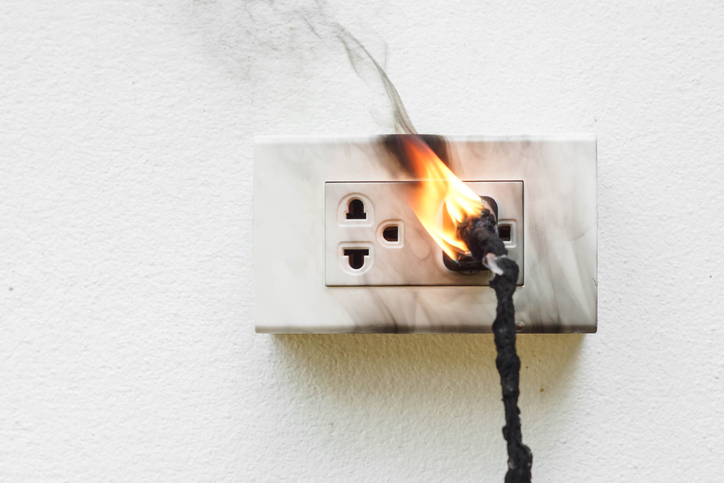
The job of an electrician isn’t easy. Electrical problems are a common occurrence in all kinds of structural installations, requiring anything from a simple fix to a complex solution. If not addressed, electrical issues can lead to electrical shocks, fires, or other unsafe conditions. Electricians are vital when it comes to solving electrical problems as they occur, and knowing how to fix common problems safely is essential to a job well done. Most electrical issues are caused by low-quality parts, a lack of regular maintenance, or failure to comply with codes and regulations. Fortunately, all of these problems can be fixed by a qualified electrician. If you want to become an electrician, then you’ll want to be aware of these three common challenges that electricians often face on the job, and how to handle them.
Those With Electrician Training Should Look Out for Overcrowded Electric Control Panels
Disregarding electrical codes and regulations when putting electrical systems and circuits in place can seriously increase the chances of encountering an electrical problem down the road. Once called in, a qualified electrician should be able to identify and address the problem. One common reason an electrician will be called to the scene is when a breaker or fuse is regularly tripping or blowing. A professional with electrician training will be able to identify the cause of this. Often, the cause can be an overcrowded electric control panel. Too many circuits, breakers, and wires on one control panel can cause overloading, leading to the overheating of components attached to the panel and issues with the fuse and breaker. If left unattended, overloading can cause fires. Electricians can solve this problem by switching to a panel of a larger size, and ensuring that the total load is not above the rating of the breaker or fuse. By being familiar with electrical codes and regulations, this problem can be mitigated.
Haphazard Wiring Methods
If you want to become a construction electrician, one of the main difficulties you’ll encounter throughout your career is incorrect wiring practices. Incorrect wiring practices can be identified by checking power outlets. If they are warm or emitting a burning smell, this is often a sign of faulty wiring. If the wires’ conductors are the wrong size or incorrect connections are used, this can leave wires exposed, causing the insulation to deteriorate and the wires to melt. When exposed wires come in contact with flammable or combustible material, outlets can become warm or emit a burning smell. Electricians can often fix this problem by replacing the conductor with one that is the right size for the wires.
Unsecured Connections
Loose connections refer to an electrical connection that isn’t tight enough, which can cause a buildup of heat and can increase the risk of an electrical fire. A common sign of a loose connection is the frequent flickering or burning out of light bulbs, and can even manifest in a smoke detector going off when it shouldn’t. If the frequency of this occurring is unusual, electricians may suspect that a loose connection is causing the issue rather than the light bulb itself. Loose connections can cause lasting detriment to electrical appliances and can even cause electrical fires. Electricians can solve this issue by cleaning the loose conductors and tightening the connection in concern.

These are just some of the many problems electricians may face during a day’s work, and it’s important to be knowledgeable about the potential issues that can occur on the job in order to safely and effectively solve the problem.
Are you thinking about attending electrician college?
The North American Trade School has the program for you. Start exploring today!



